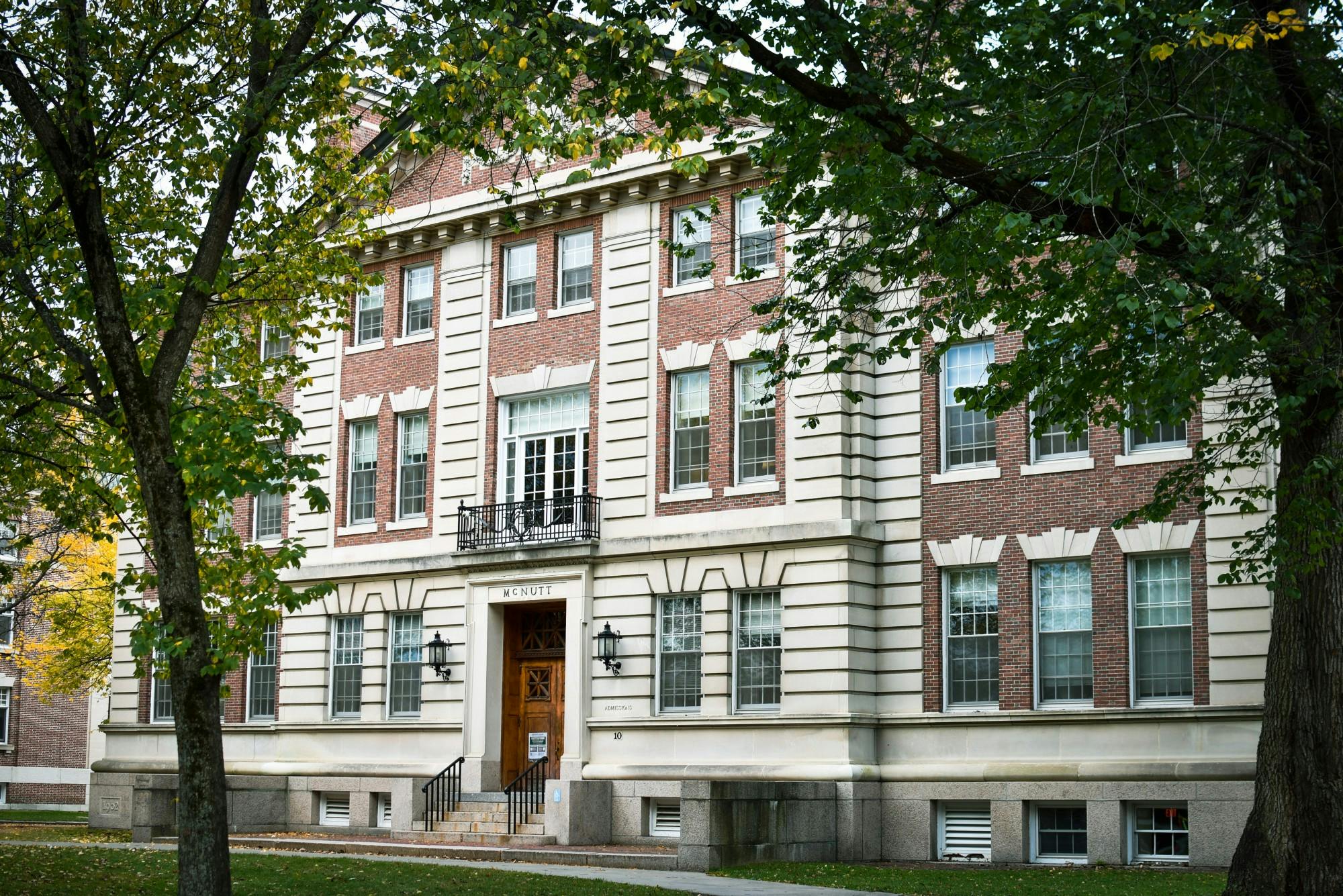On July 24, Dartmouth announced that it had joined the Small Town and Rural Students College Network, a group of 32 universities committed to supporting applicants from rural areas. The College is among 16 universities to join the network this year.
As a member of the network, the College will commit to recruiting more rural students for Dartmouth Bound — a three-day program in which high schoolers from underrepresented communities stay on campus and meet with admissions officers, according to assistant vice president of enrollment for access strategy Jarrid Whitney. The College will also provide more funding for rural students to fly to campus during Dartmouth Dimensions, when admitted students visit Hanover in the spring.
Billionaire Byron Trott, one of the world’s wealthiest investment bankers, will spend $150 million over the next decade to fund the network, according to Bloomberg. The funds will go directly to the schools to hire admissions staffers who focus on rural students. According to the group’s website, the network was founded at Trott’s alma mater — the University of Chicago — in 2023.
For Dartmouth, the move to join also reflects a longstanding commitment to Indigenous students, according to Whitney.
“Although our membership with STARS is new, Dartmouth has a long history of working within rural and small-town communities, especially given our historic commitment to Indigenous students who often reside in many of these areas of the country,” he wrote in an email statement to The Dartmouth. “Our partnership with STARS will help us enhance and expand our efforts while not detracting from our other initiatives in urban and suburban communities, as well as overseas.”
For 30 years, Dartmouth has also offered an Indigenous Fly-In program, which brings Indigenous high schoolers to campus and typically overlaps with Indigenous Peoples’ Day.
Anika Larson ’26, who is from the Fox Valley, a rural area in Wisconsin, said that “nobody has really ever heard of Dartmouth at home.”
“Going to what seems like kind of a hoity-toity liberal arts institution out on the East Coast is not really something that, culturally, people [from the rural Midwest] do a lot,” Larson said. “I think that ends up meaning that an institution like Dartmouth has a lot less representation and perspective from rural students.”
Larson added that most rural students who are at Dartmouth actively “sought out” the school, as opposed to it being presented as an option to them. She said Dartmouth needs to make commitments to rural students — through programs such as STARS — so they consider it a “viable option in the first place.”
The move to recruit more students to Dartmouth Bound comes as colleges nationwide seek to maintain racial diversity without using race-based affirmative action, which was struck down as unconstitutional by the Supreme Court in 2023. “Most” of the students who are flown in for Dartmouth Bound are people of color, according to Fatemah Ebrahim ’26, one of the program’s leaders this summer.
The College pays for Dartmouth Bound students to fly to Hanover, stay in a dorm and take workshops on the application process, she said. The classes range from how to write a strong application to how to apply for financial aid.
“I got really incredible feedback,” Ebrahim said. “Even students who weren’t looking to apply to Dartmouth felt like they really learned and got their questions answered.”
While other schools have similar programs, Ebrahim said that Dartmouth’s is special because it is completely free of charge. Some of her students said that other schools require a fee to attend, she said.
Devontae Lacasse ’24, an admissions officer who participated in Dartmouth Bound, wrote in an email statement to The Dartmouth that the program gave him confidence to apply to schools like Dartmouth.
“When I made the trip from Texas to Dartmouth in 2019, I had no idea that Dartmouth Bound would be so revelatory and empowering,” he wrote.
Matthew Monroe ’27, who was also a leader of Dartmouth Bound this summer, said expanding outreach to low income and rural students is critical to having a strong academic institution.
“It’s very important to have a student body here that represents the whole United States, people from lots of different regional areas, people from different class brackets and cultural backgrounds,” he said. “We want Dartmouth to be reflective of our incredibly diverse and large country.”
Kent Friel ’26 contributed to reporting.
Charlotte Hampton is the editor-in-chief of The Dartmouth. She hails from New York, N.Y., and is studying government and philosophy at the College.
She can be reached at editor@thedartmouth.com or on Signal at 9176831832.




